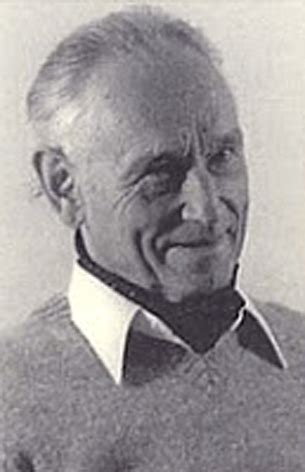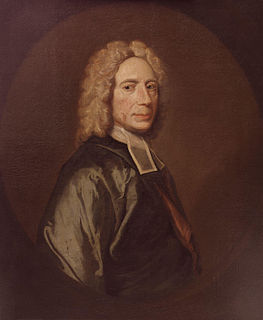A Quote by Johann Wolfgang von Goethe
The follies of the wise man are known to himself, but hidden from the world.
Related Quotes
Humility collects the soul into a single point by the power of silence. A truly humble man has no desire to be known or admired by others, but wishes to plunge from himself into himself, to become nothing, as if he had never been born. When he is completely hidden to himself in himself, he is completely with God
Much has been said of the loneliness of wisdom, and how much the Truth seeker becomes a pilgrim wandering from star to star. To the ignorant, the wise man is lonely because he abides in distant heights of the mind. But the wise man himself does not feel lonely. Wisdom brings him nearer to life; closer to the heart of the world than the foolish man can ever be. Bookishness may lead to loneliness, and scholarship may end in a battle of beliefs, but the wise man gazing off into space sees not an emptiness, but a space full of life, truth, and law.
A man only begins to be a man when he ceases to whine and revile, and commences to search for the hidden justice which regulates his life. And he adapts his mind to that regulating factor, he ceases to accuse others as the cause of his condition, and builds himself up in strong and noble thoughts; ceases to kick against circumstances, but begins to use them as aids to his more rapid progress, and as a means of the hidden powers and possibilities within himself.




































